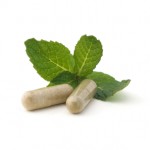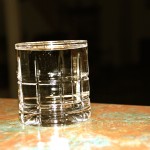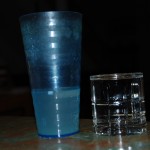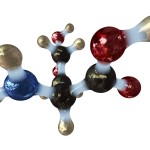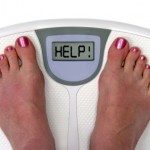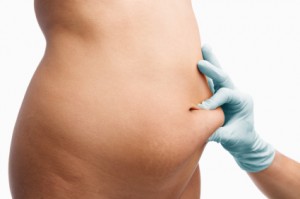Mark Bittman's "Opinionator" column in the New York TImes April 12, 2011, was right on. He called the $36B that Congress has been haggling over (like two small boys) small potatoes compared to what could be saved if we ate less overall and ate more of the right things. He quoted a number of medical resources, so I went back to look at the originals.
In the January 24, 2011 online edition of the American Heart Association's journal Circulation, a panel headed by a Stanford Associate Professor, Paul Heidenreich, stated that cardiovascular disease (CVD) currently accounts for more than one sixth of all US health dollars spent. They went on to predict that by 2030 the direct costs of care for all forms of CVD would triple from a 2010 estimate of $273B to $818B .
CVD includes stroke, heart attacks, congestive heart failure and hypertension among other entities and they are often highly correlated. In fact the INTERHEART study which Bittman quotes (and I found in a seven-year-old copy of the journal Lancet), says lifestyle-related risk factors such as obesity, smoking and hypertension account for roughly 90+% of heart disease.
We haven't even started on Type 2 diabetes (DM) yet and Bittman noted that problem will cost roughly $500B per year by 2020. And almost all of the cases of Type 2 DM are preventable.
If we want to reduce the deficit, one way would be to reduce our weights and trim our waistlines. Sure, we wouldn't get rid of all CVD and Type 2 DM, but a large share of the $1.3T per year we will be spending on them by 2020-2030 could be avoided.
We're spending over $2T a year now on healthcare and those costs are going up and up.
So how can we save a major chunk of that huge sum? How about Dr. David Ludwig's ideas? He's a Harvard doc who has worked with Marion Nestle, the PhD dietitian I've mentioned before. He published a very recent article in JAMA (the Journal of the American Medical Association) with both straightforward and complex/innovate modalities to improve our American diet.
I read something about Dr. Ludwig and his earlier concepts in his Harvard bio and a WebMD interview. He's a pediatric endocrinologist working at Children's Hospital in Boston, founding director of its Optimal Weight for Life (OWL) program and author of Ending the Food Fight:Guide Your Child to a Healthy Weight in a Fast Food/Fake Food World.
In the JAMA article he talks about better funding for school lunch programs, making breads with whole grains (non-refined) and research needed to improve food preservatives that are healthier than the current ones. His own studies appear to show a correlation between lower calorie intake and eating whole grain products.
I see two difficult issues: getting people to make healthy foods choices and avoiding bureaucratic costs as the British experienced from their NHS shift toward paying physicians for preventive measures (NB. WSJ article from 4-16-2011 p. C3).
But what a great way to save us money that Congress might even agree on.



